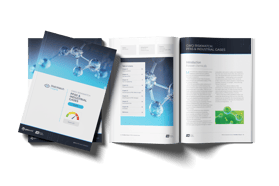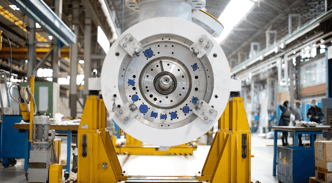Linde joins BMW in eco-battle
Hydrogen is becoming a more prevalent fuel source, as witnessed earlier this year when BMW signed a supply agreement with Linde.
In mid-August 2010, the companies signed an agreement in which Linde will provide the BMW Manufacturing Co. plant in Spartanburg, South Carolina, with hydrogen fuel cells.
According to the contract, over 85 pieces of material handling equipment will undergo modernisation when the integrated lead acid batteries are replaced with hydrogen fuel cells. After the exchange, BMW’s internal logistics will be emission-free.
Dr Andreas Opfermann, Head of Innovation Management of The Linde Group, commented, “This is one of the largest hydrogen applications of its kind. We are proud to work together with BMW, supplying both a high-efficiency fuelling system and hydrogen with almost no carbon footprint. This project clearly shows the potential hydrogen offers for internal logistics.”
Refuelling at the stations will be facilitated by Linde’s Ionic Compressor fuelling system, which combines high efficiency and high throughput with low-maintenance costs and low noise compression. The project is made still more environmentally friendly as the hydrogen used is a by-product sourced from a chemical plant. Furthermore the hydrogen is purified, compressed and liquefied using eco-friendly electricity produced from hydropower.
Josef Kerscher, President of BMW Manufacturing, described BMW’s eagerness to employ renewable solutions. He said, “We have a clear vision and we are determined to reach our goal of using renewable energy as much as possible throughout the plant site. We realise this is an ambitious goal and the hydrogen fuel cell project puts us another step towards fulfilling our vision.”
The benefits of hydrogen
Aside from the environmental gains of the contract, it is also beneficial in other ways. For example, productivity is significantly boosted in two ways. Firstly, refuelling with hydrogen takes an operator less than 30 minutes which compares with approximately 20 minutes to change a battery. Secondly, two kilogram fuel tanks now offer an extended charge-life of 8-10 hours.
Likewise, fuel cells do not degrade in quality over time, unlike lead-acid batteries. Consequently, there is no need to arrange disposal of used cells.
... to continue reading you must be subscribed









